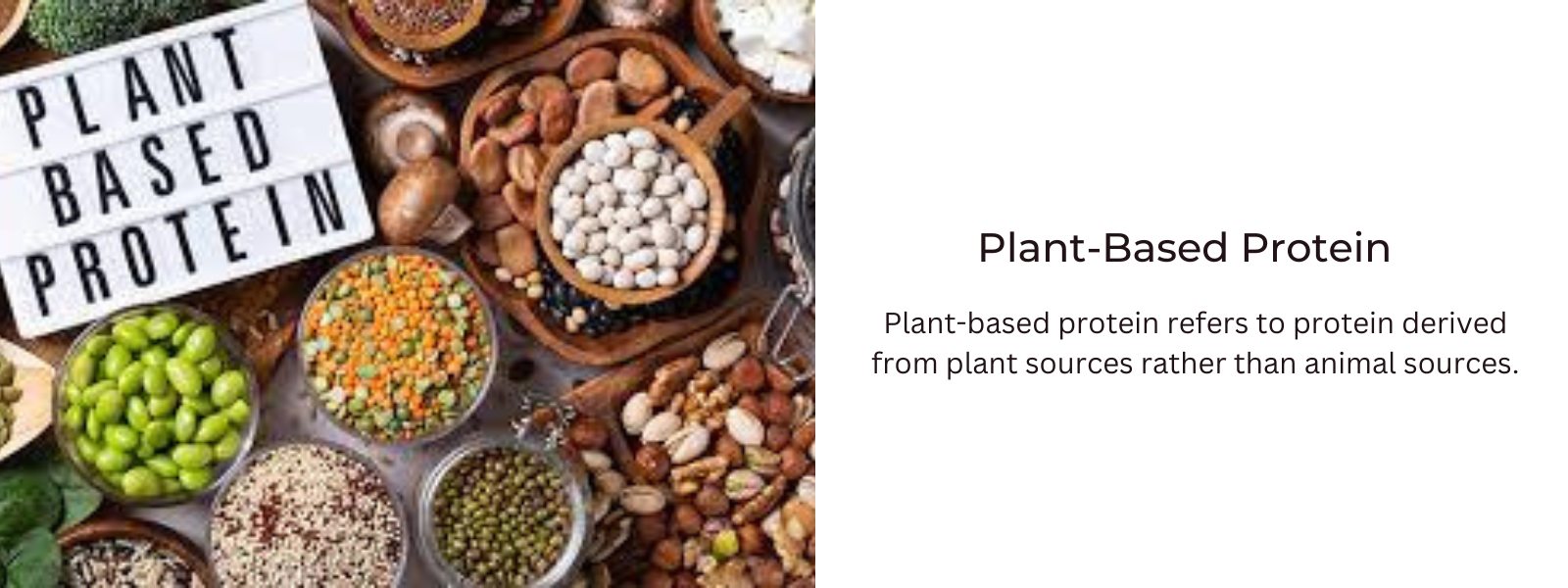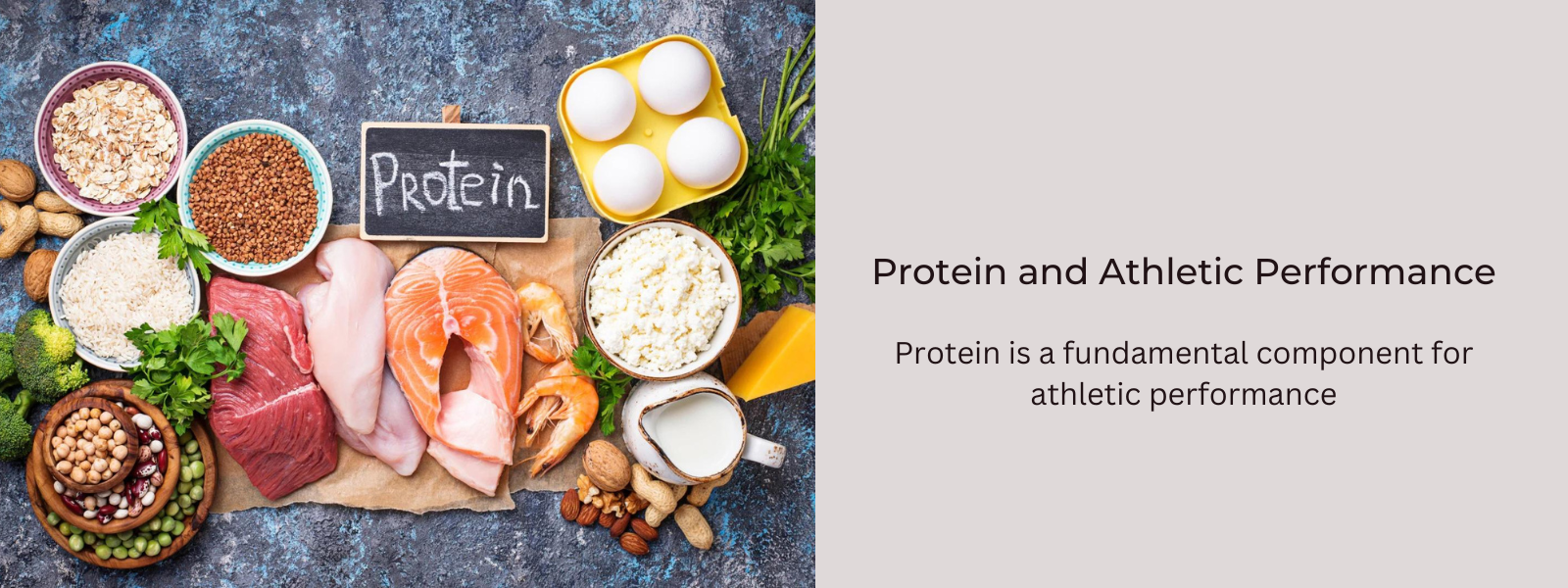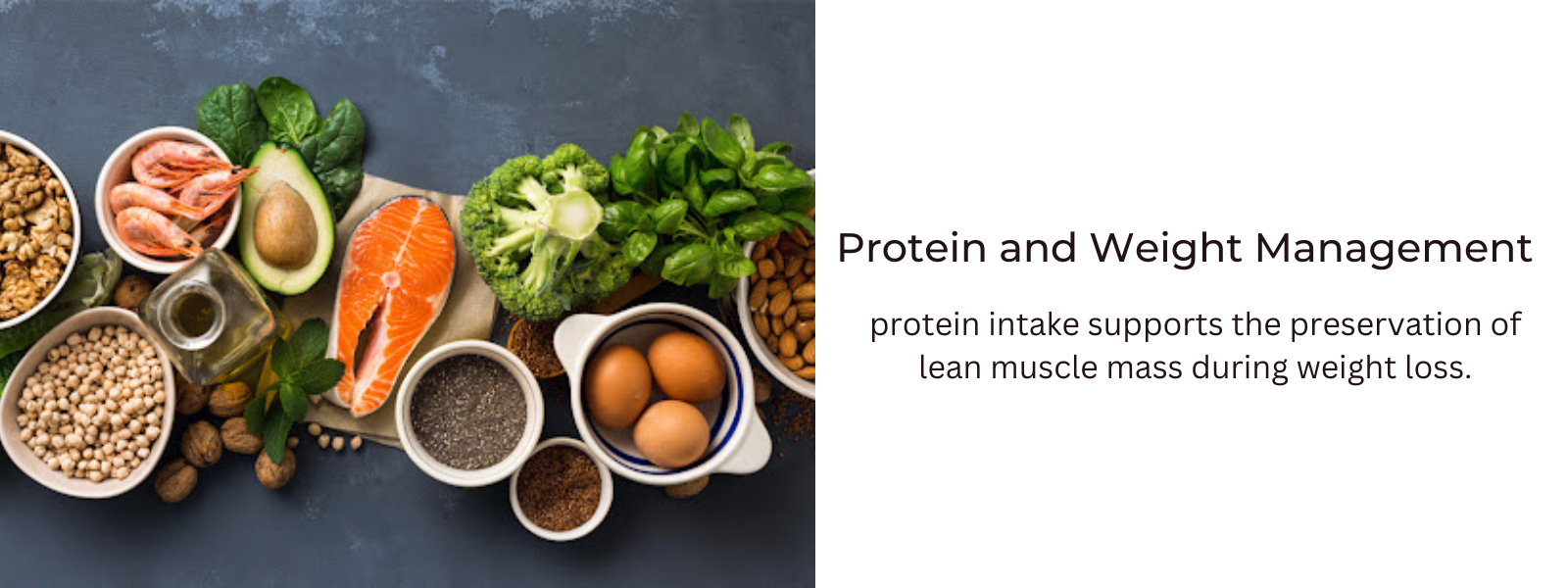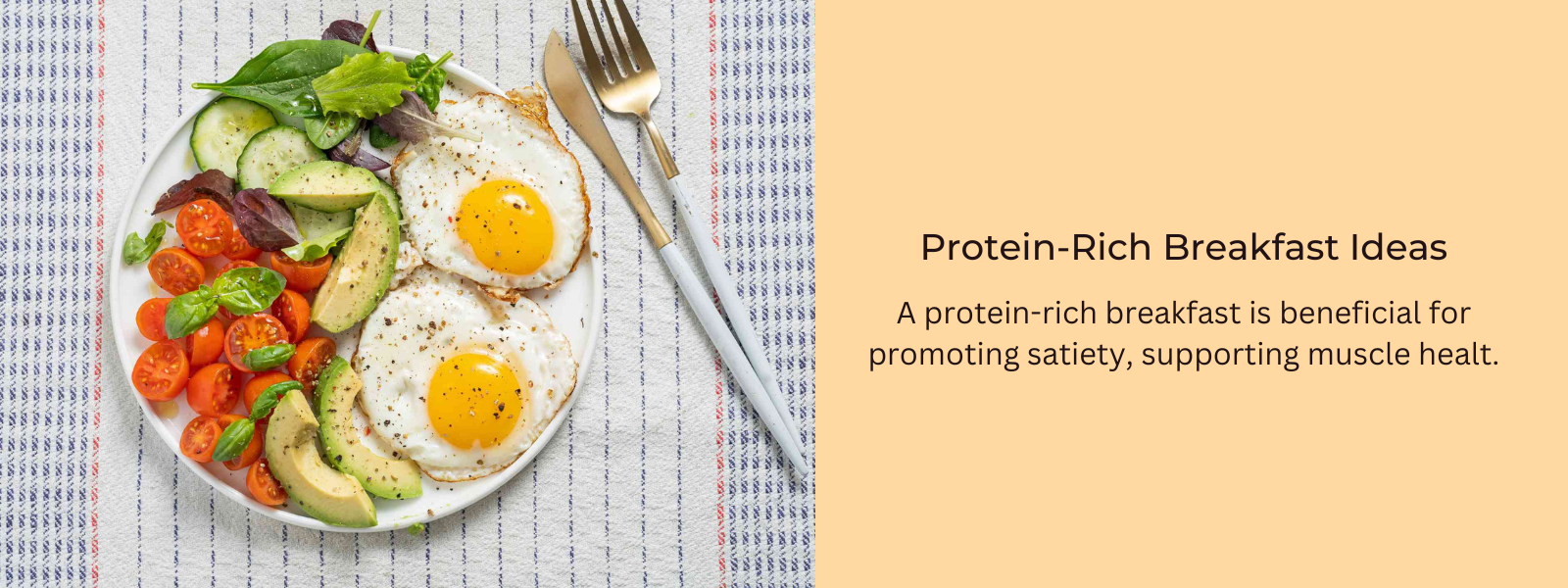Table of Contents
Protein plays a significant role in supporting gut health through various mechanisms. Amino acids derived from protein contribute to the repair and regeneration of the gastrointestinal mucosa, maintaining the structural integrity of the gut lining. Collagen, a protein abundant in connective tissues, supports the strength and elasticity of the mucosal layer. Additionally, proteins aid in the production of digestive enzymes crucial for nutrient breakdown and absorption, preventing irritation of the gut lining. Certain proteins also have immune-modulating effects within the gut, contributing to a balanced immune response. Including a variety of protein sources in the diet, such as lean meats, plant-based proteins, and dairy products, promotes a diverse and balanced gut microbiome. This comprehensive support from protein underscores its essential role in fostering a healthy and resilient gastrointestinal environment.
Importance Of Gut Health:
The importance of gut health extends far beyond digestion, influencing various aspects of overall well-being. A healthy gut is essential for optimal nutrient absorption, providing the body with the necessary vitamins, minerals, and energy for vital functions. Moreover, the gut is a central player in the immune system, with a significant portion of immune cells residing in the gastrointestinal tract. A well-balanced and diverse gut microbiome, comprising a vast community of microorganisms, contributes to the synthesis of essential nutrients, the prevention of harmful pathogen overgrowth, and the regulation of inflammation. Gut health also influences mental well-being, as the gut and brain communicate through the gut-brain axis, affecting mood, stress levels, and cognitive function. Furthermore, a healthy gut is associated with reduced risk factors for various chronic diseases, including metabolic disorders and autoimmune conditions. Overall, maintaining gut health through a nutritious diet, proper hydration, and lifestyle practices is pivotal for promoting resilience, vitality, and the prevention of a range of health issues.
What Does Nourishing Your Microbiome Mean?
Nourishing your microbiome involves supporting the thriving community of microorganisms residing in your digestive system. A diet rich in diverse and fiber-filled foods, including fruits, vegetables, whole grains, and legumes, provides prebiotics that serve as fuel for beneficial gut bacteria. Probiotic-rich foods such as yogurt, kefir, and fermented vegetables introduce live beneficial bacteria directly into the gut. Protein sources, especially those from plant-based options, contribute to a balanced and supportive environment for the microbiome. This diversity in the diet promotes a flourishing microbiome, fostering a harmonious relationship between the host and its microbial residents. In turn, a well-nourished microbiome is associated with improved digestion, enhanced nutrient absorption, and overall gut health, influencing various aspects of systemic well-being.
Protein’s Role In Enzyme Production
Protein plays a pivotal role in enzyme production, acting as the key molecular machinery that facilitates various biochemical reactions in the body. Enzymes, specialized proteins, are essential catalysts that accelerate and regulate chemical processes, ensuring the efficient breakdown and transformation of nutrients. Proteases, amylases, lipases, and nucleases are examples of enzymes involved in digesting proteins, carbohydrates, fats, and nucleic acids, respectively. These enzymes are produced by the body's organs, such as the pancreas, and are instrumental in breaking down dietary components into smaller, absorbable units. By supporting the synthesis of these digestive enzymes, proteins enable the body to extract essential nutrients from food, facilitating nutrient absorption and overall metabolic processes crucial for maintaining health and vitality.
Protein’s Role In Amino Acids and Nutrient Absorption:
Protein plays a fundamental role in amino acids and nutrient absorption by serving as the primary source of amino acids, the building blocks of proteins. During digestion, dietary proteins are broken down into individual amino acids, which are then absorbed in the small intestine and transported into the bloodstream. These amino acids play a crucial role in various physiological functions, serving as essential components for tissue repair, immune system support, and the synthesis of enzymes and hormones. Amino acids also act as carriers for other nutrients, facilitating their absorption into cells and contributing to overall metabolic processes. Through these mechanisms, protein not only provides the necessary amino acids for bodily functions but also plays a central role in the efficient absorption and utilization of essential nutrients, promoting overall health and well-being.
Protein's Role in Maintaining Gut Lining:
Protein plays a vital role in maintaining the health of the gut lining by contributing to its structural integrity and repair processes. Amino acids, the building blocks of proteins, are essential for tissue regeneration, and they support the repair of the mucosal layer that lines the gastrointestinal tract. Collagen, a structural protein, is particularly important for maintaining the strength and elasticity of the gut lining. Adequate protein intake also supports immune function within the gut, helping defend against pathogens and contributing to a robust defense mechanism. Furthermore, proteins are involved in the production of digestive enzymes, ensuring proper nutrient breakdown and preventing irritants that could compromise the integrity of the gut lining. Overall, protein's multifaceted role supports a resilient and well-functioning gut lining, crucial for optimal digestive health.











Leave a comment